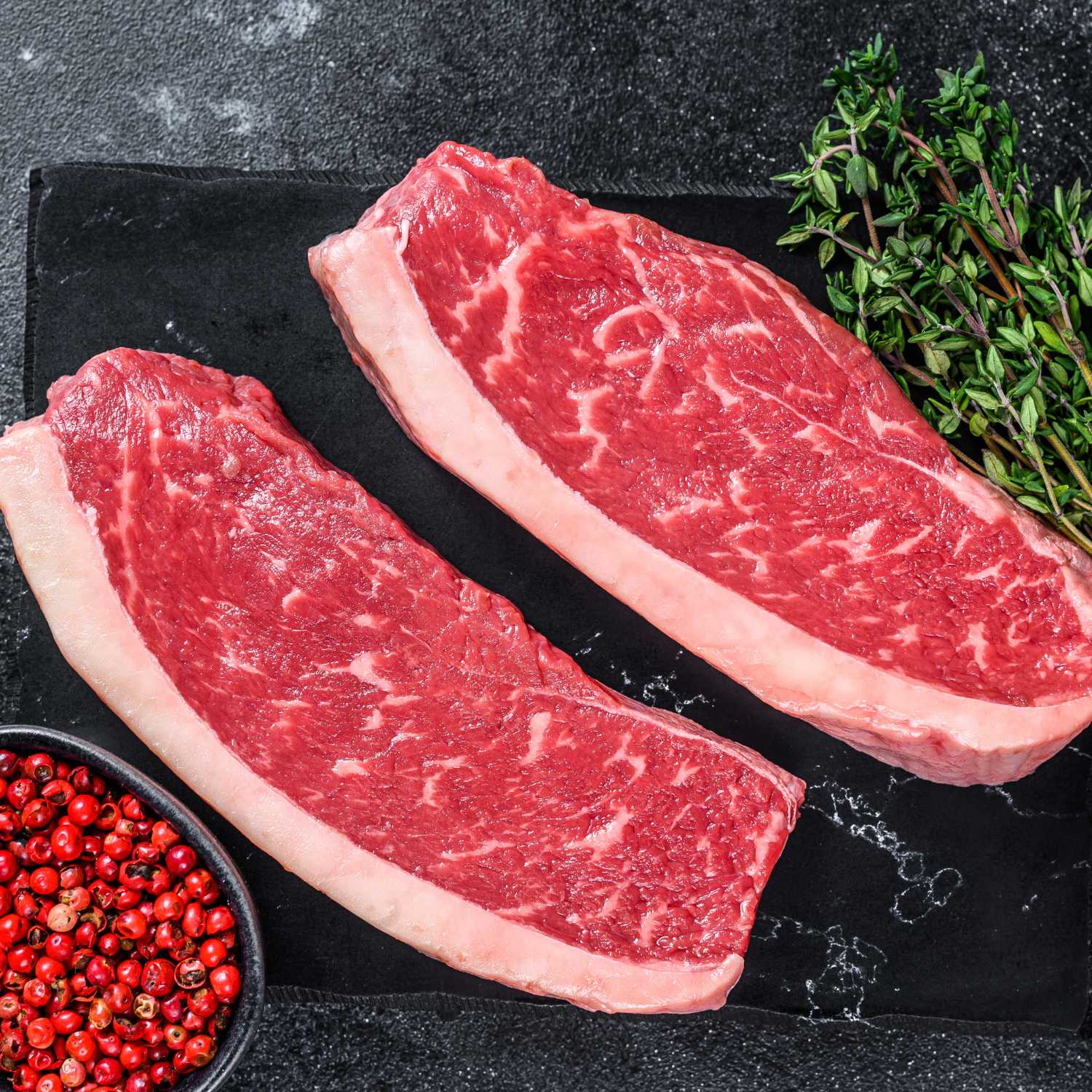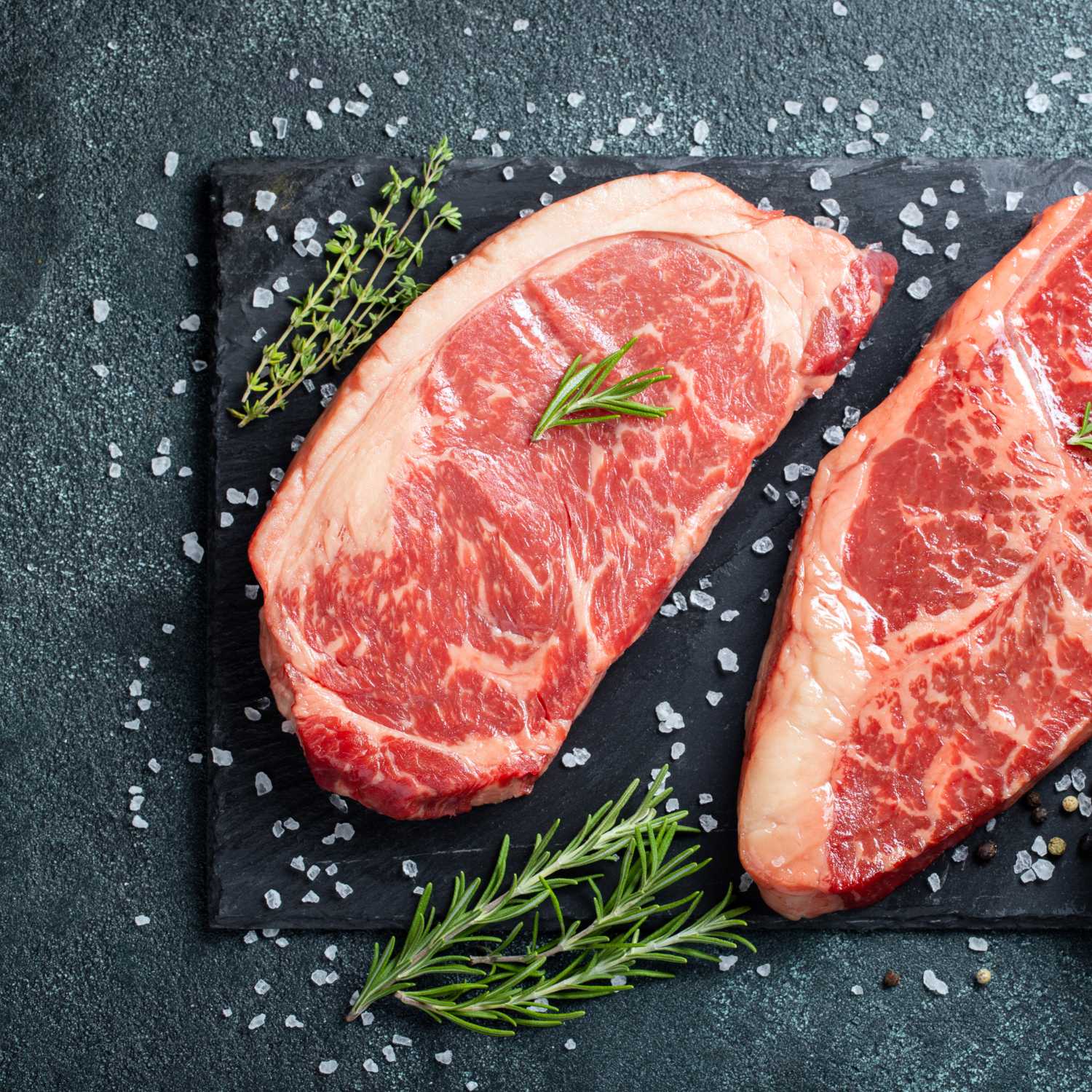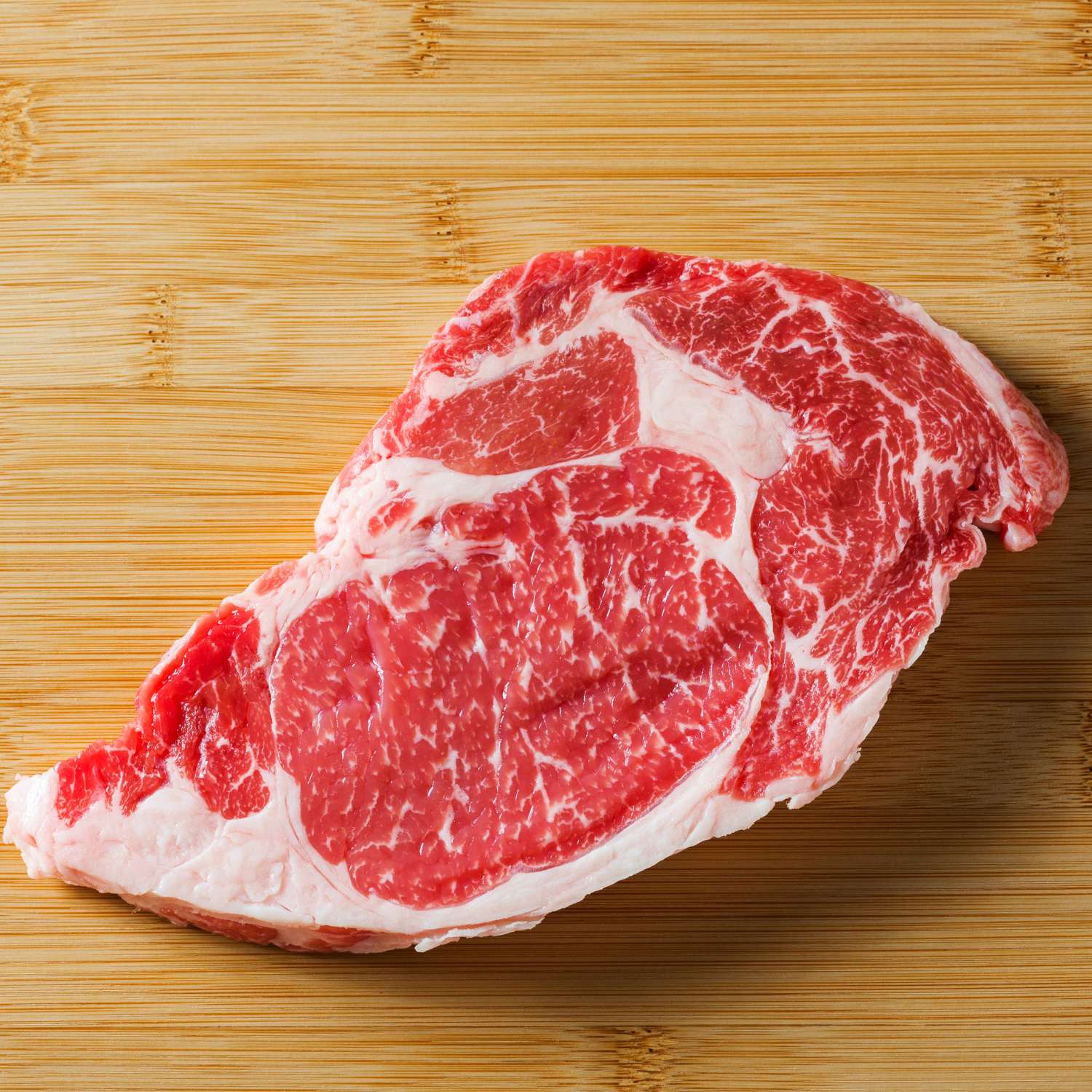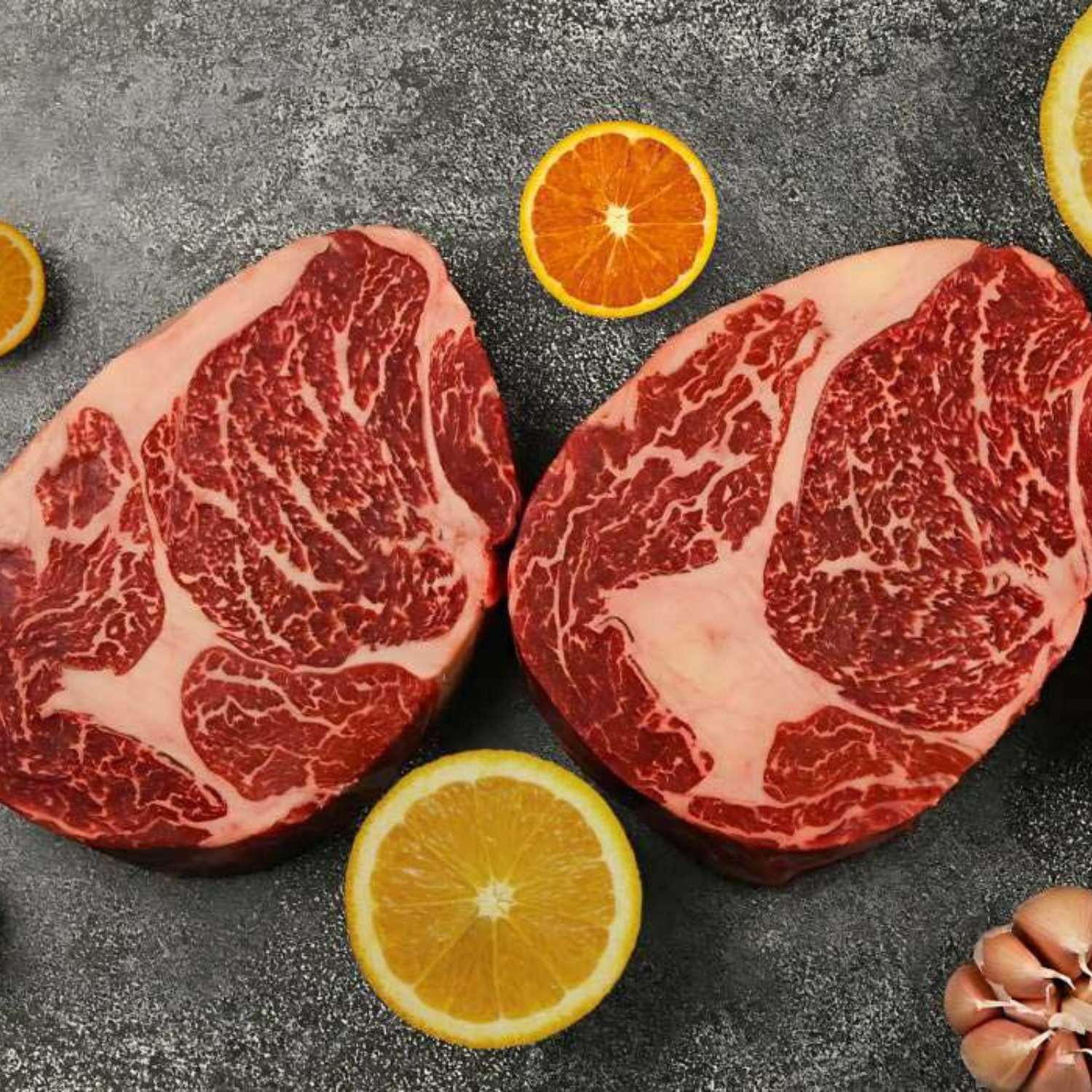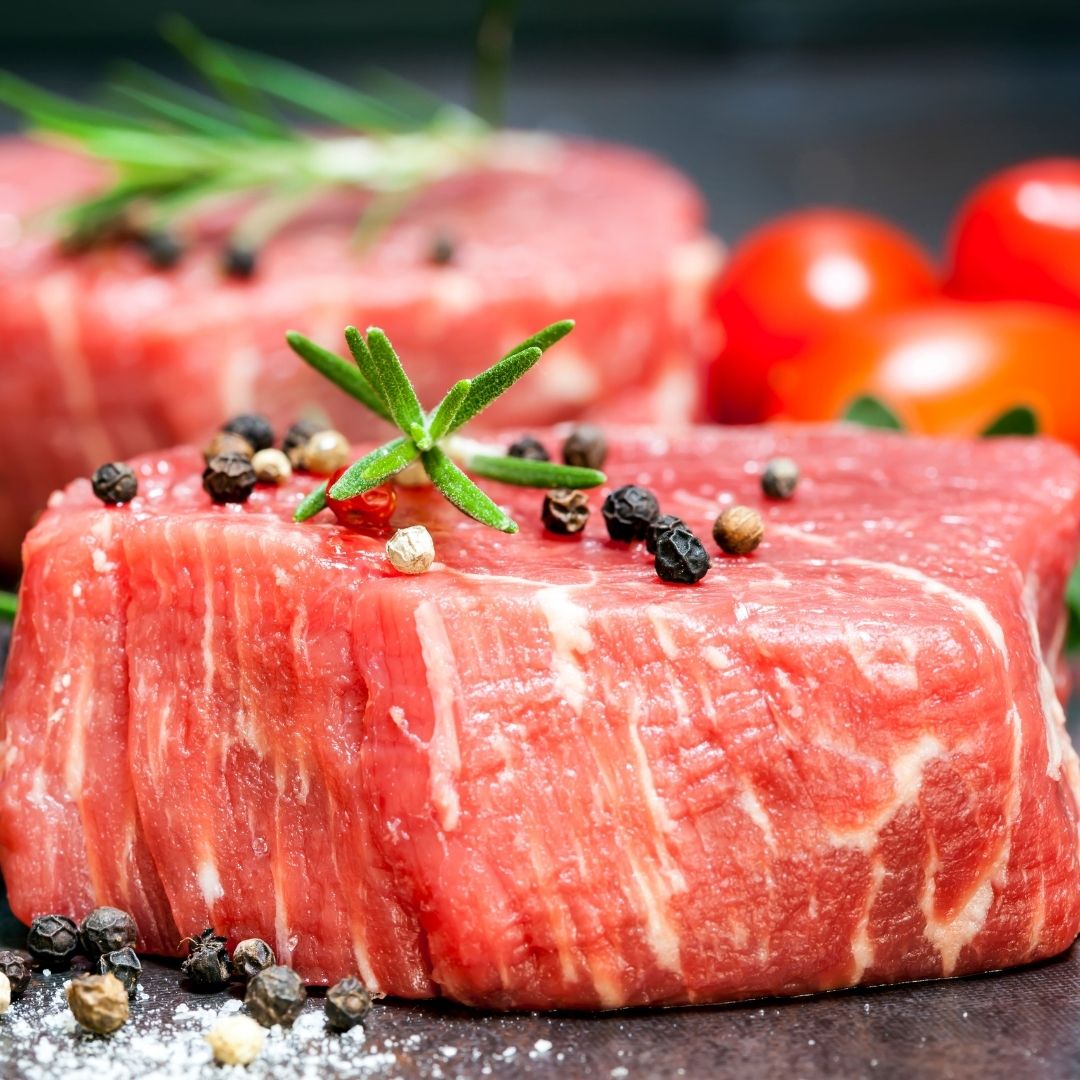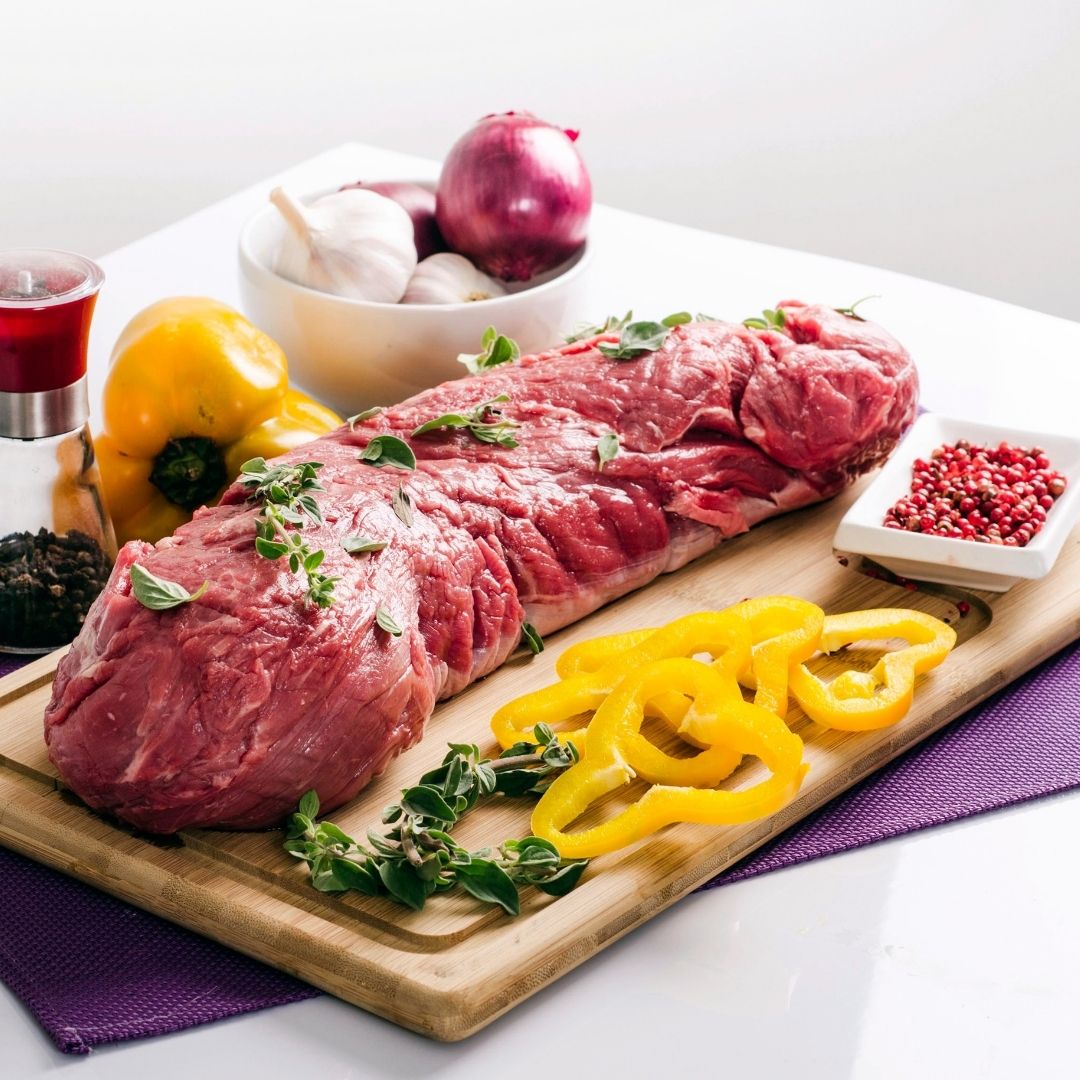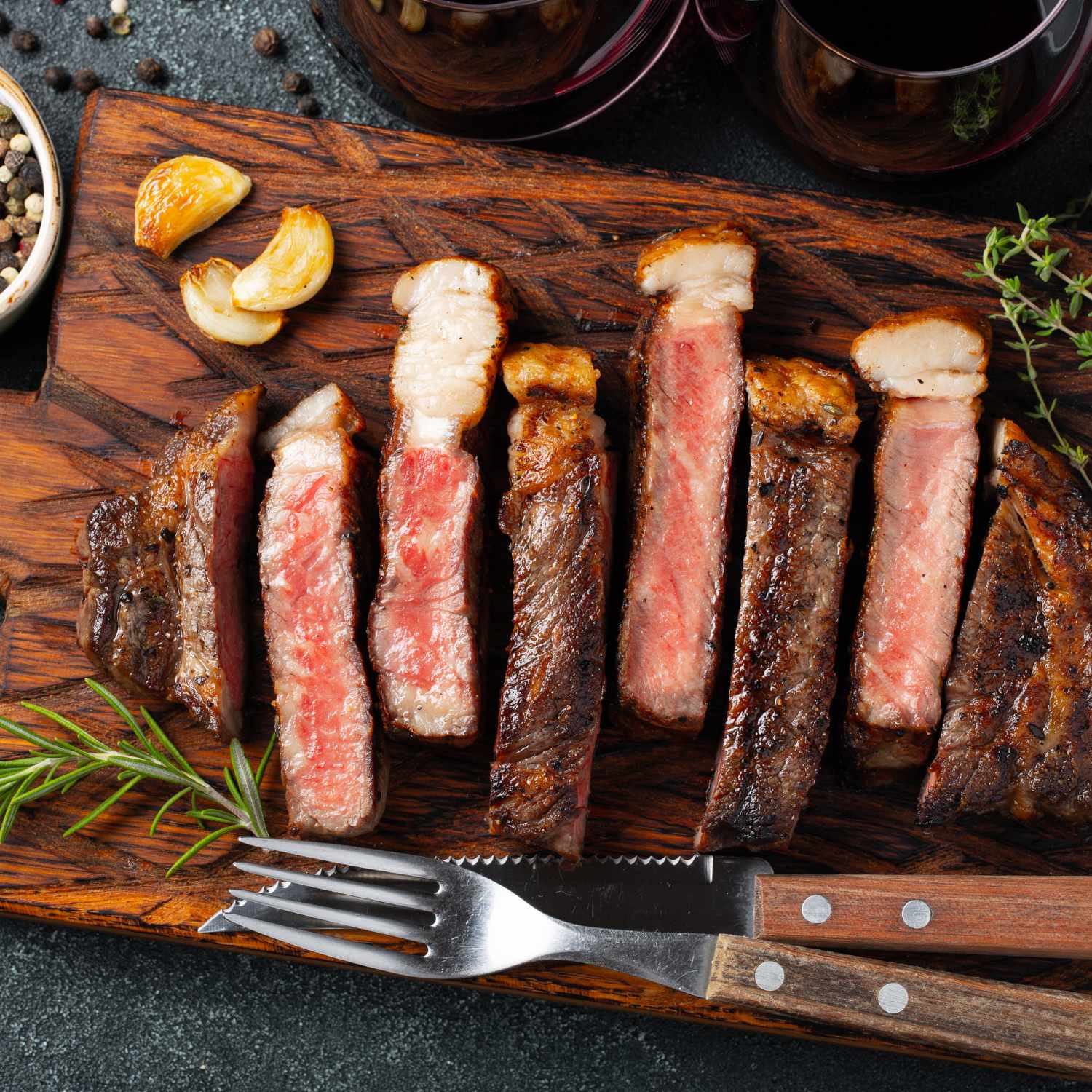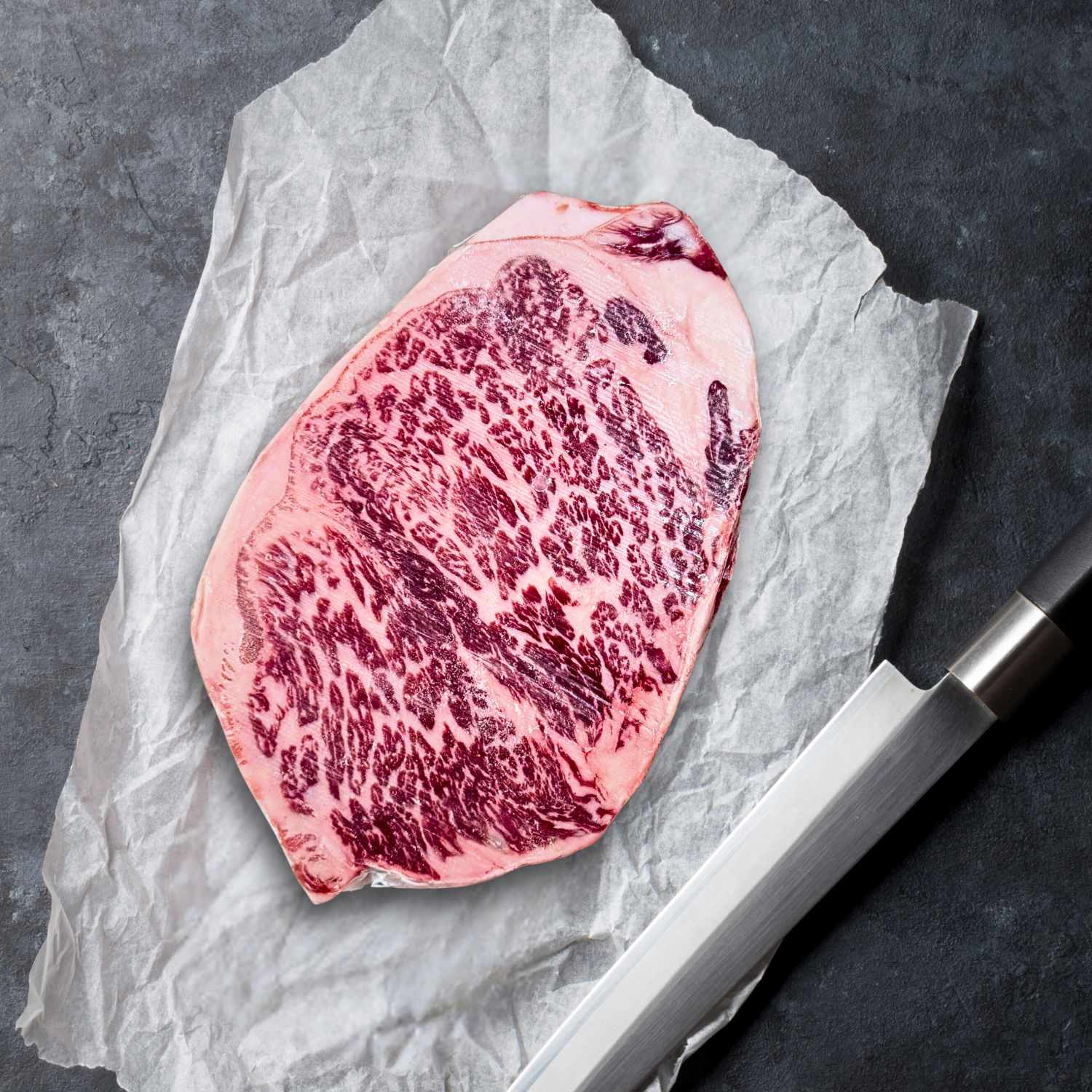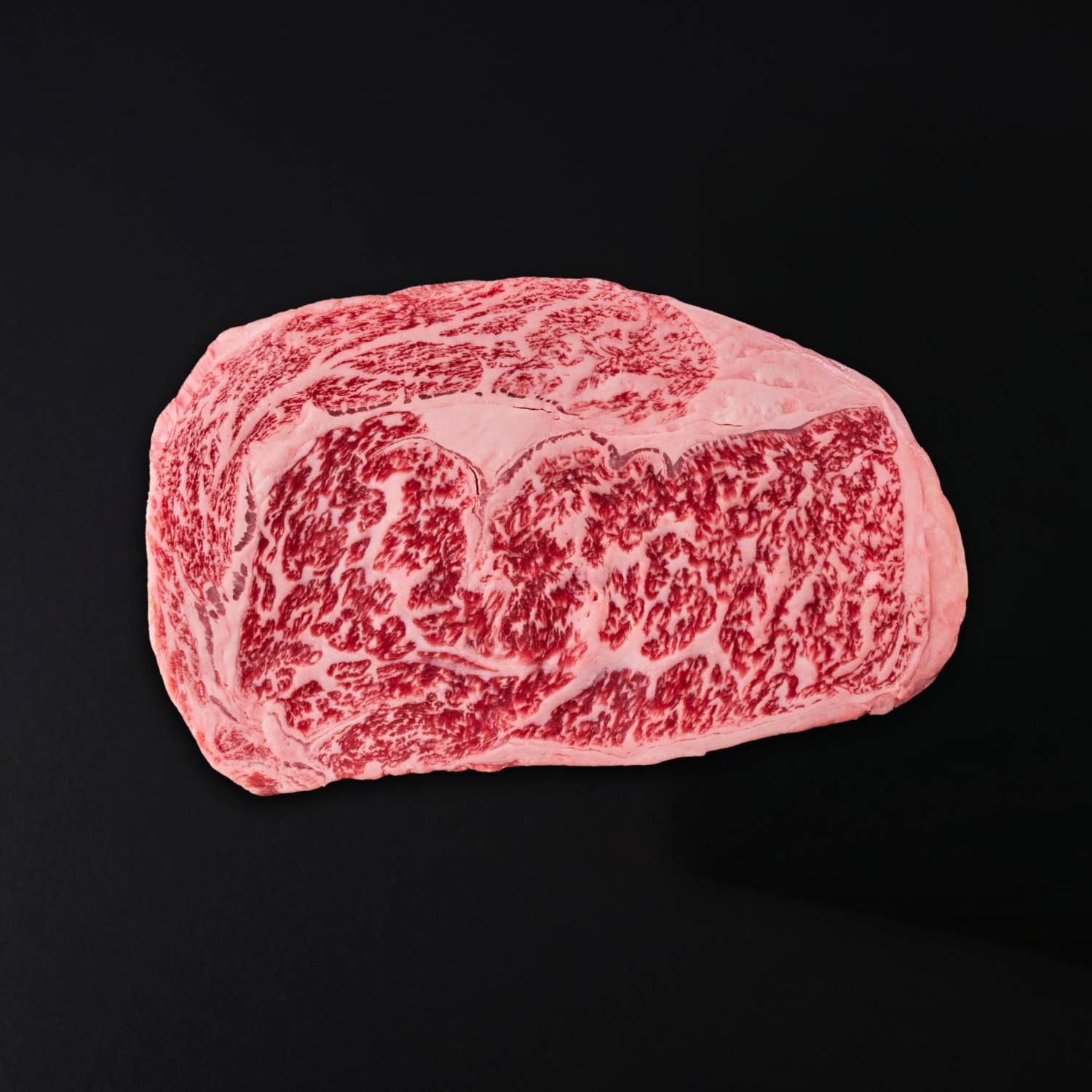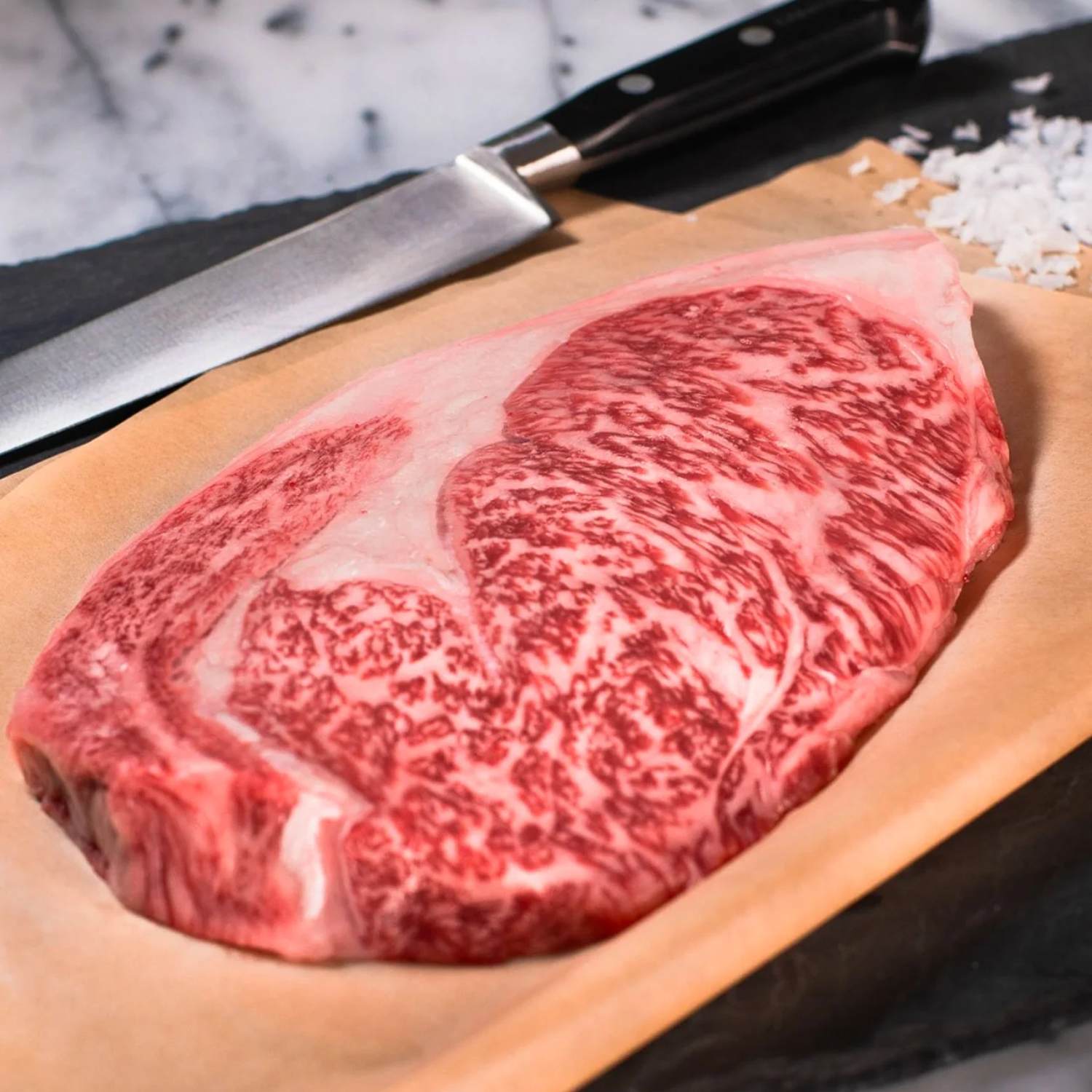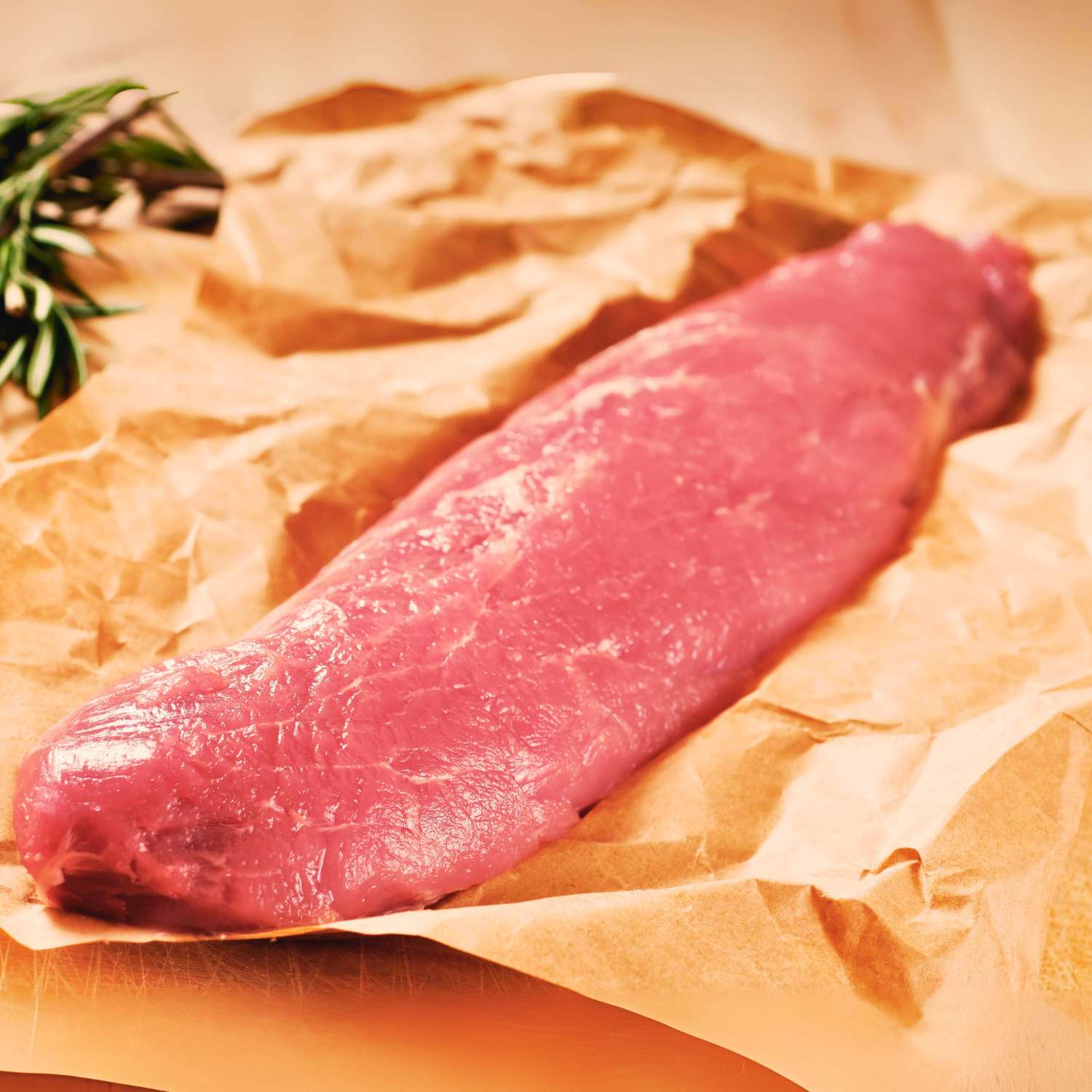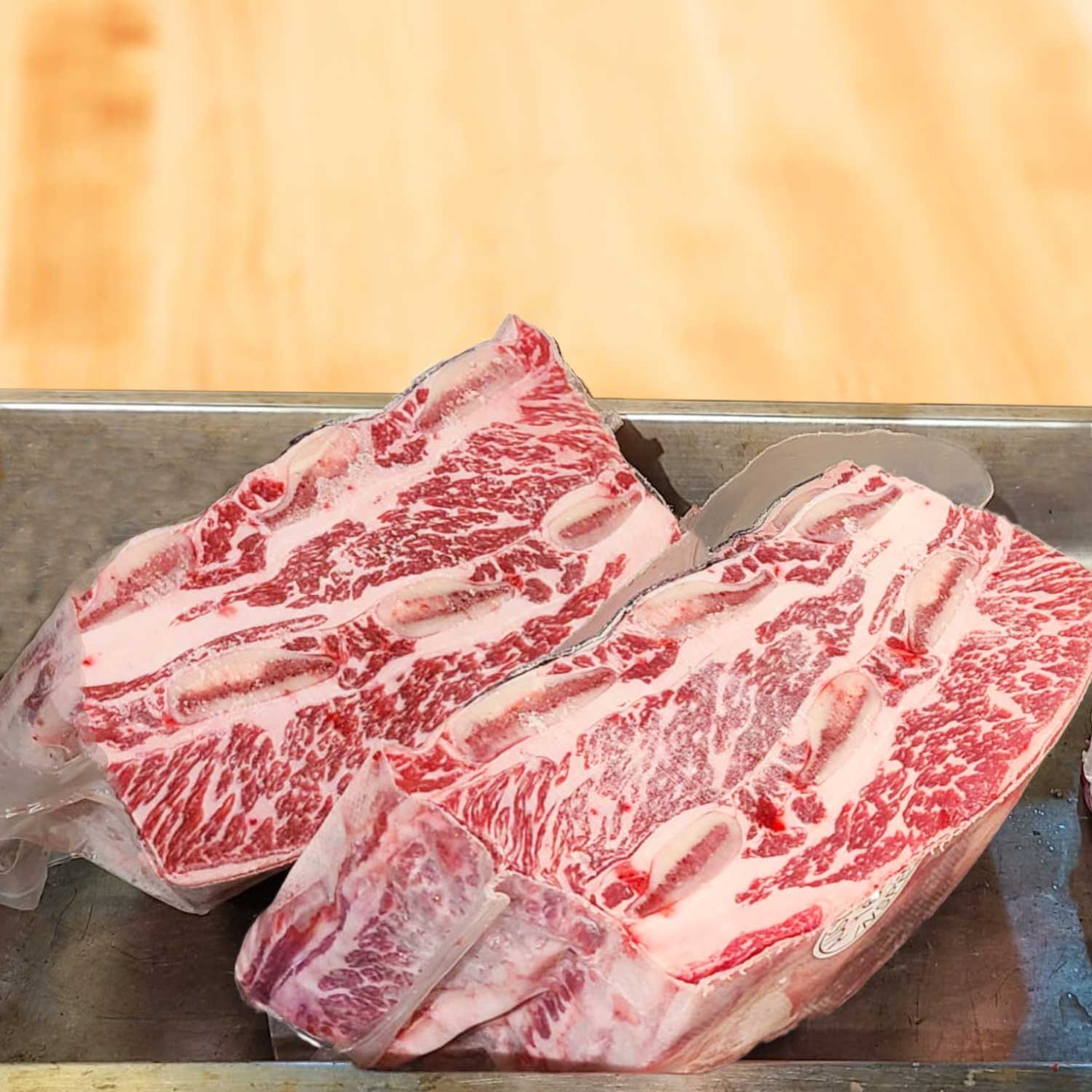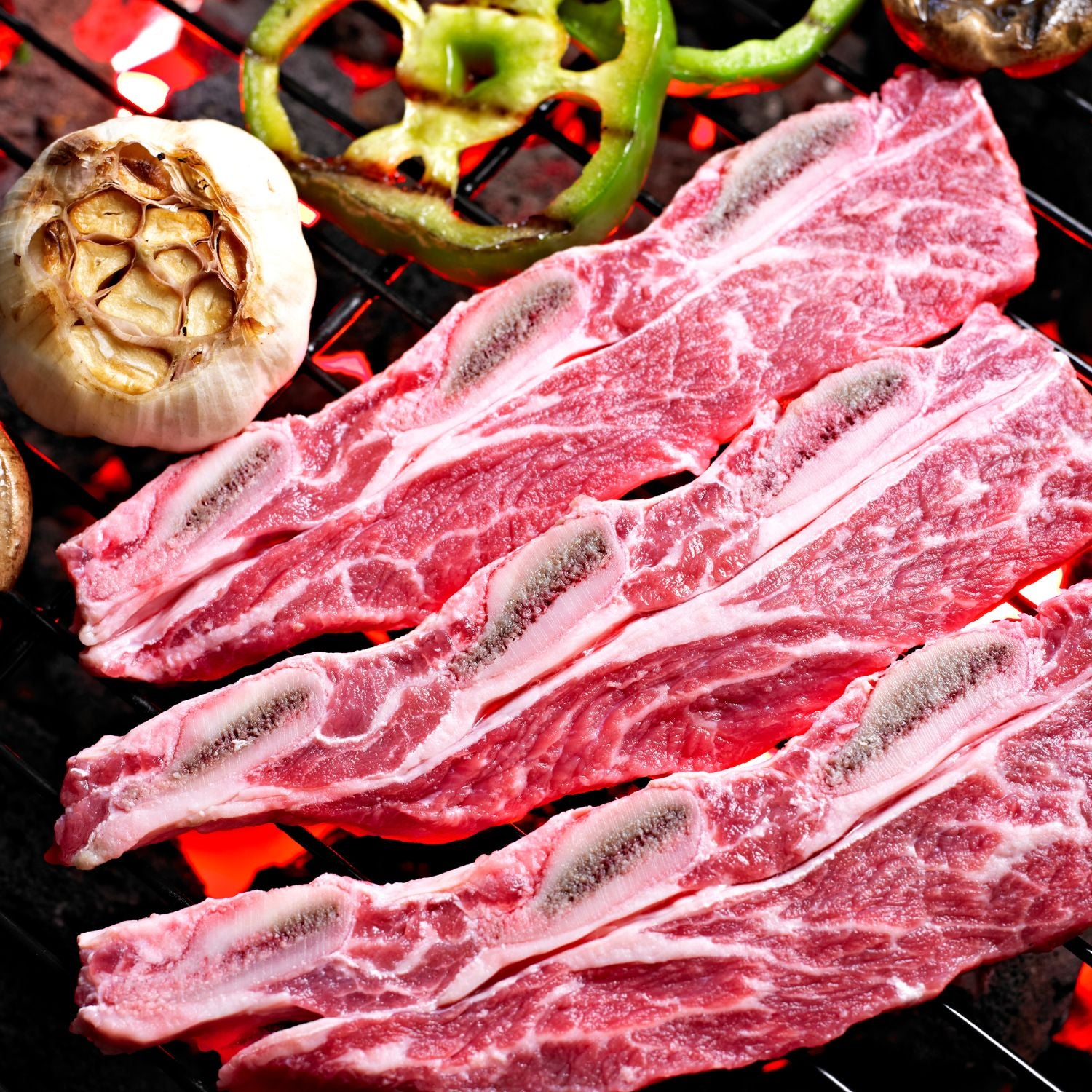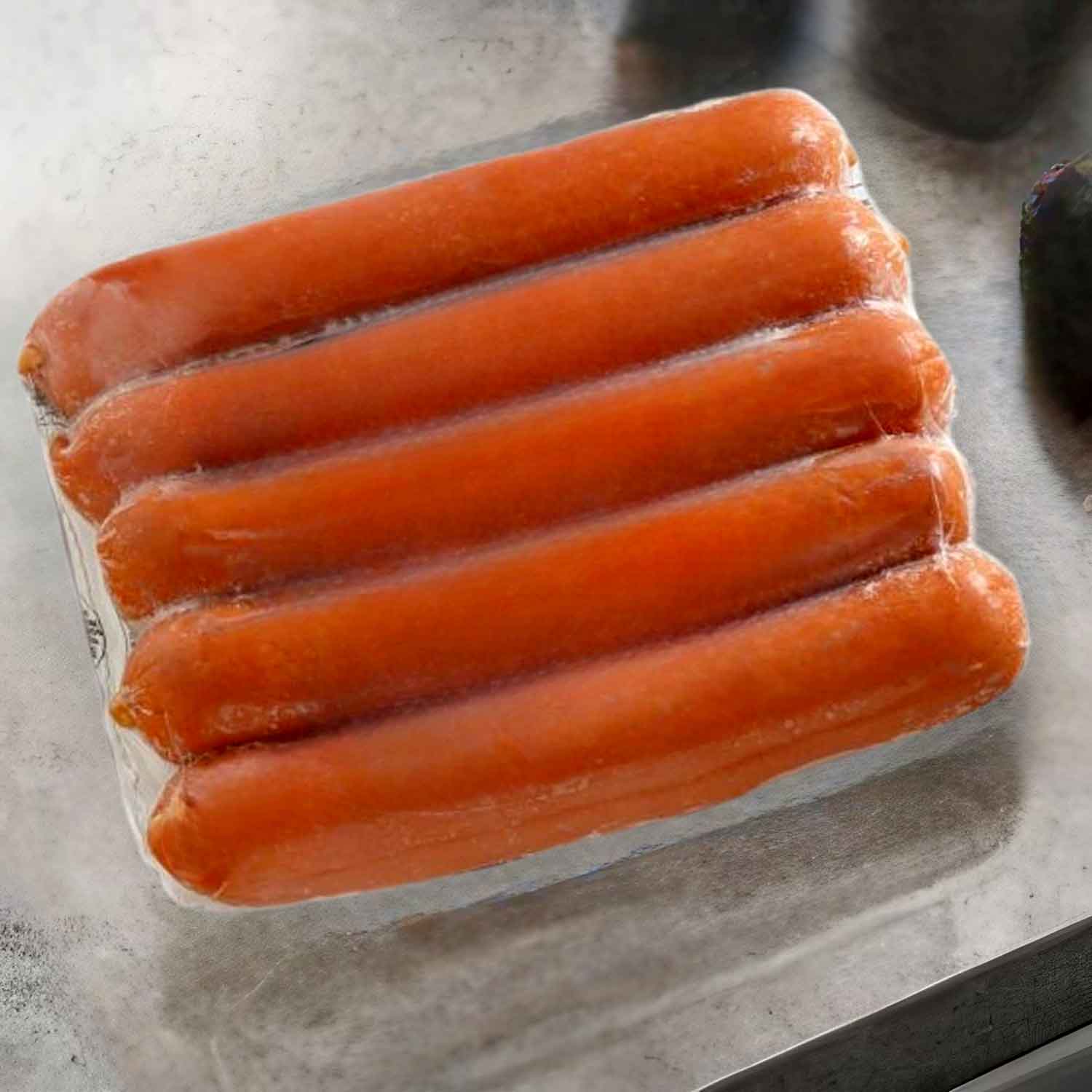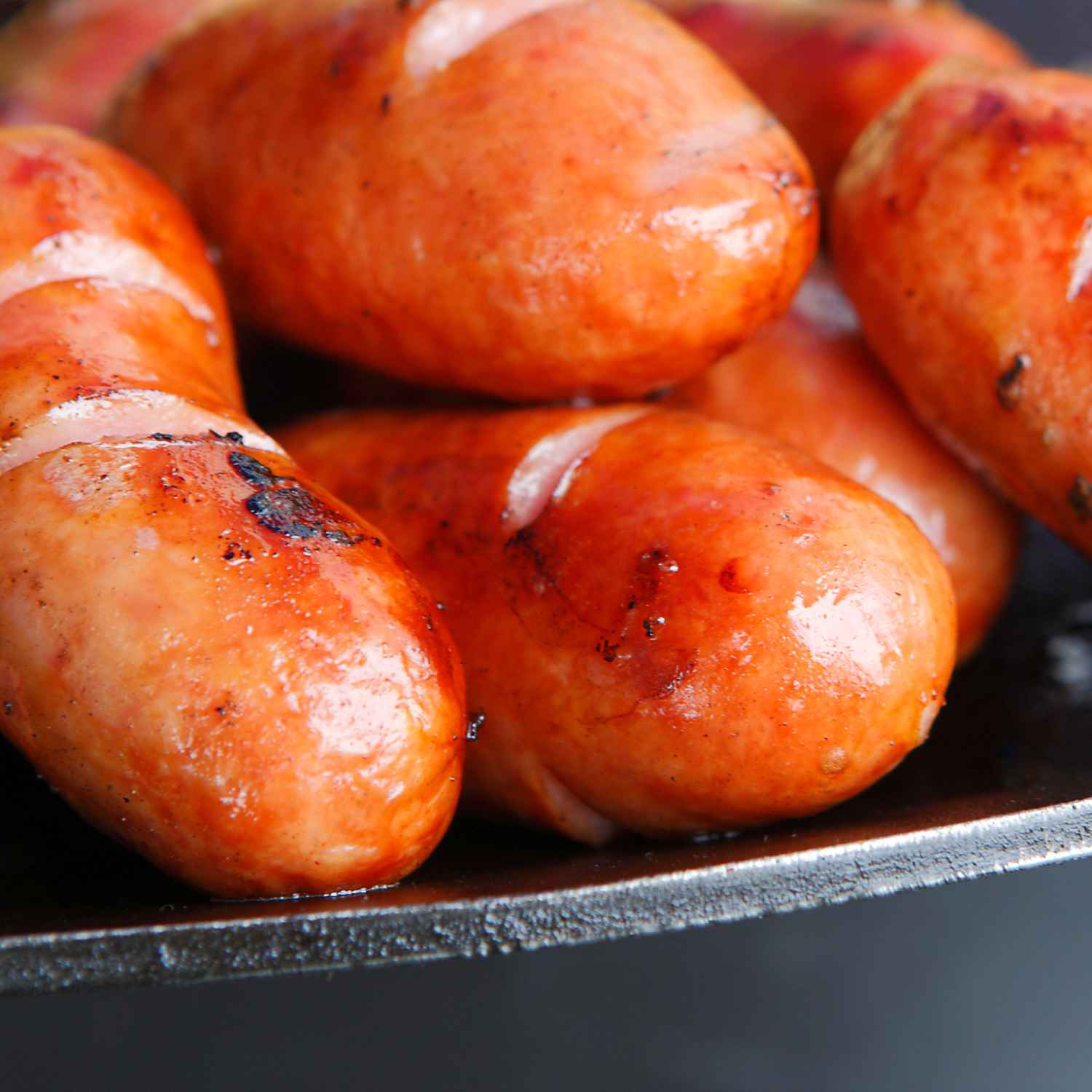The Rise of Ethical Meat Sourcing in Hong Kong
Understanding the Demand for Grass-fed Beef
In Hong Kong, more people now choose grass-fed beef. They want meat that is both healthy and kind. Such beef comes from cows that graze on grass. This diet is natural for them. Grass-fed beef has more good fats. It also has fewer bad fats. Chefs and families love it for its taste. It is rich and full of flavor. People in Hong Kong know this. So, they look for grass-fed beef more and more. Shops like Meat King offer it. They say it is better for us and for the cows. The trend is growing as people learn more.

The Journey of Ethical Meat: From Farm to Table
The pursuit of ethical meat in Hong Kong is a tale of dedication and transparency. It starts at the farm where cattle graze freely on lush grasses, living as nature intended. A strict adherence to no antibiotics or growth hormones ensures a pure growth cycle. The journey continues through transportation that respects the animals' welfare. Then, at the marketplace, retailers, like Meat King, champion these ethical practices by seeking certifications and informing consumers. Finally, this careful chain of custody culminates at the dinner table, bringing conscientious consumers a product aligned with their values – a cycle that nurtures both health and humanity.
Comparing Ethical Sources: Grass-fed vs Grain-fed Beef
In Hong Kong, consumers demand healthier meat. They want to know: Is grass-fed beef better? To compare, grass-fed cattle eat natural diets. Their meat is rich in good fats like omega-3s. Grain-fed cows eat diets designed to fatten them quickly. This may impact the beef quality. Ethical sourcing looks at both health and animal welfare. Grass-fed beef tends to be more humane. Grain-fed systems can be harsh. Hongkongers now weigh these factors when buying beef. The choice is not just about taste. It's about the ethics behind the meat. Meat Kings and other butchers are responding. They offer more grass-fed options. This change shows a shift in values towards animal treatment. The debate on grass-fed versus grain-fed will continue. But the trend is clear. Ethical meat is gaining ground in Hong Kong.
Assessing the Impact of Meat Sourcing on Animal Welfare
The Cruelty Behind Grain-fed Beef Production
In Hong Kong, ethical meat sourcing is crucial. Grain-fed beef often involves cruelty. Poor living conditions are common for these animals. They live in cramped spaces. They seldom have room to move. Their diets are unnatural, high in grains. This can harm their health. The push for high output adds to their stress. This farming approach raises serious welfare concerns. More people now choose kinder options. Grass-fed beef is gaining favor for animal welfare. Consumers in Hong Kong are demanding change.
How Grass-fed Beef Supports Animal Health and Well-being
Grass-fed beef is a more natural choice for animal welfare. It lets cattle graze on grass, their natural diet. This can lead to healthier, happier cows. They have wide, open spaces to roam. This is quite different from grain-fed beef farms. There, cows often live in crowded and stressful conditions. Hong Kong's ethical buyers should know these points. This is because grass-fed beef is kinder to animals. It also has environmental benefits. Supporting grass-fed beef in Hong Kong can make a real difference.
Ethical Considerations in Beef Breeding and Farming
When choosing beef in Hong Kong, it's vital to consider ethical breeding and farming. Factors like living conditions, feed quality, and humane treatment define ethical practices. Ethical farms prioritize natural behaviors and spacious environments for cattle. They avoid growth hormones and unnecessary antibiotics. This respect for animal welfare can lead to healthier, better-quality meat for consumers. Meat King in Hong Kong upholds these standards, ensuring their grass-fed beef comes from ethical sources.
Sustainable and Ethical Options in Hong Kong's Meat Market
Highlighting Leading Hong Kong Butchers and Their Commitment to Ethical Sourcing
In Hong Kong, some butchers stand out for their ethical practices. Meat King is a prime example. They have a strict policy for grass-fed beef sourcing. Their beef comes from farms where animals graze freely. This ensures premium beef cuts without harming animal welfare. These butchers are changing the meat market. They make it easy for consumers to choose ethical meat. The trend is growing. More and more butchers in Hong Kong are going ethical. They care for both quality and ethics. This is good news for conscious consumers.
The Role of Imported Meat in Hong Kong's Economy and Environment
In Hong Kong, imported meat plays a key role in the economy. It creates jobs and adds value to markets. But it can hurt the environment with high carbon footprints. To be ethical, we need to look at how meat import affects the planet. We must balance economic gains with eco-friendly practices. For Hong Kong, this means picking suppliers with care. Those who use green methods, like Meat King, are top choices. The goal is to support both the economy and the Earth.
Consumer Advocacy and Its Influence on Hong Kong's Meat Industry
In Hong Kong, the push for ethical meat sourcing has grown. This is due to consumers speaking up. People now ask where their beef comes from and how it was raised. Their voices have led supermarkets and butchers to change. They now offer more grass-fed options from places like Meat King. These actions help the planet and animal welfare. Customer demand can make a big impact in the meat industry. It encourages more ethical practices in farming and selling meat.

